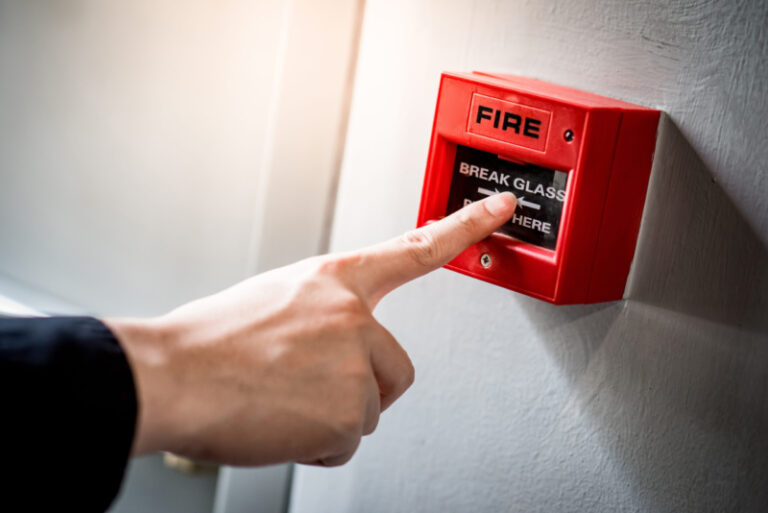Research has revealed that the cost of avoidable fire alarms, such as false alarms, are costing SMEs in the UK £696 million every year.
The figure comes from research conducted by Red Fox, a technology and B2B independent research company, commissioned by Hochiki Europe to understand the impact of false fire alarms on UK businesses.
Over 300 SME businesses were asked how much they estimate an evacuation caused by an alarm not caused by an actual fire, cost their organisation and if it had a significant impact.
Nine out of ten of these types of alarms resulted in total evacuation of businesses and one in every four caused significant disruption to the business, with on average, almost 30% of those unplanned fire incidents costing £1000 or more in disruptions. This research, Hochiki said, indicates that when the statistics are broadened out to cover the whole of the UK, false alarms are having a ‘multimillion-pound impact’ on the economy.
‘Far reaching consequences’
Businesses across a wide range of industries were said to have been interviewed, including the hospitality, leisure and travel sectors, retail and ecommerce businesses, financial and insurance arenas, healthcare, manufacturing, public sector and not for profit as well as education. When asked to think about the immediate and obvious financial impact, owners and senior management revealed that these unplanned alarms had far reaching consequences in lost productivity.
Factors included interrupted meetings (33%), staff settling back down to work i.e., chatting and getting drinks etc. (32%). For the manufacturing and IT sector over a quarter said the time it takes to get production processes started up again and security systems checks completed as the biggest interruption, whilst in the food and drink sector 10% said preparation processes needing to be restarted with anecdotal evidence also sighting the resulting food wastage as impact that goes beyond financial ramifications.

Respondents were also asked to describe the impact false alarms have on their business. In hotels, guest relations suffered: “All our guests had to leave the building, this ruined their guest experience”, children’s education was impacted: “Teaching was disrupted, pupils and staff had to leave building”.
Other emergency systems were also reported to be impacted from some of these false alarms: “The unplanned alarm interrupted the day’s work and I had to call out our on-call electricians to come and fix the alarm, which had also knocked out the emergency lighting”.
Alarms ‘not taken seriously enough’
64% of respondents believe that most alarms experienced in the past 12 months are false alarms, which seems to be reflected in what respondents said caused the alarms. Aside from the drills, and kitchen incidents, dust and smoke caused from building works and maintenance caused 20% of false alarms followed by equipment failures at 18%, with 12% sited as other causes or not known.
With false alarms being over half of the reasons why an alarm is triggered, Hochiki believes this suggests that buildings are possibly not fitted with fire detection devices or systems that include multi-sensors, which are proven to significantly reduce false alarms triggered by factors that are not a genuine fire.
Whilst half of respondents said seeing the alarm in action reassured them that the system works, the research showed that 56% of business owners or managers said that excessive false alarms meant that staff don’t take the alarms seriously enough, leading to alarm fatigue and complacency from staff.
Source: IFSEC GLOBAL


